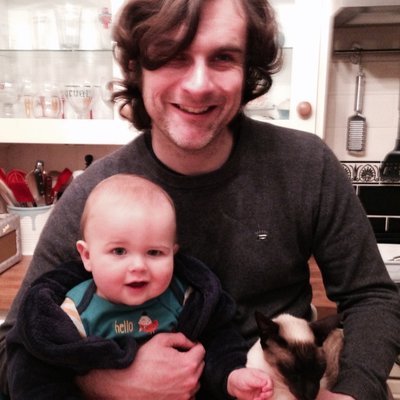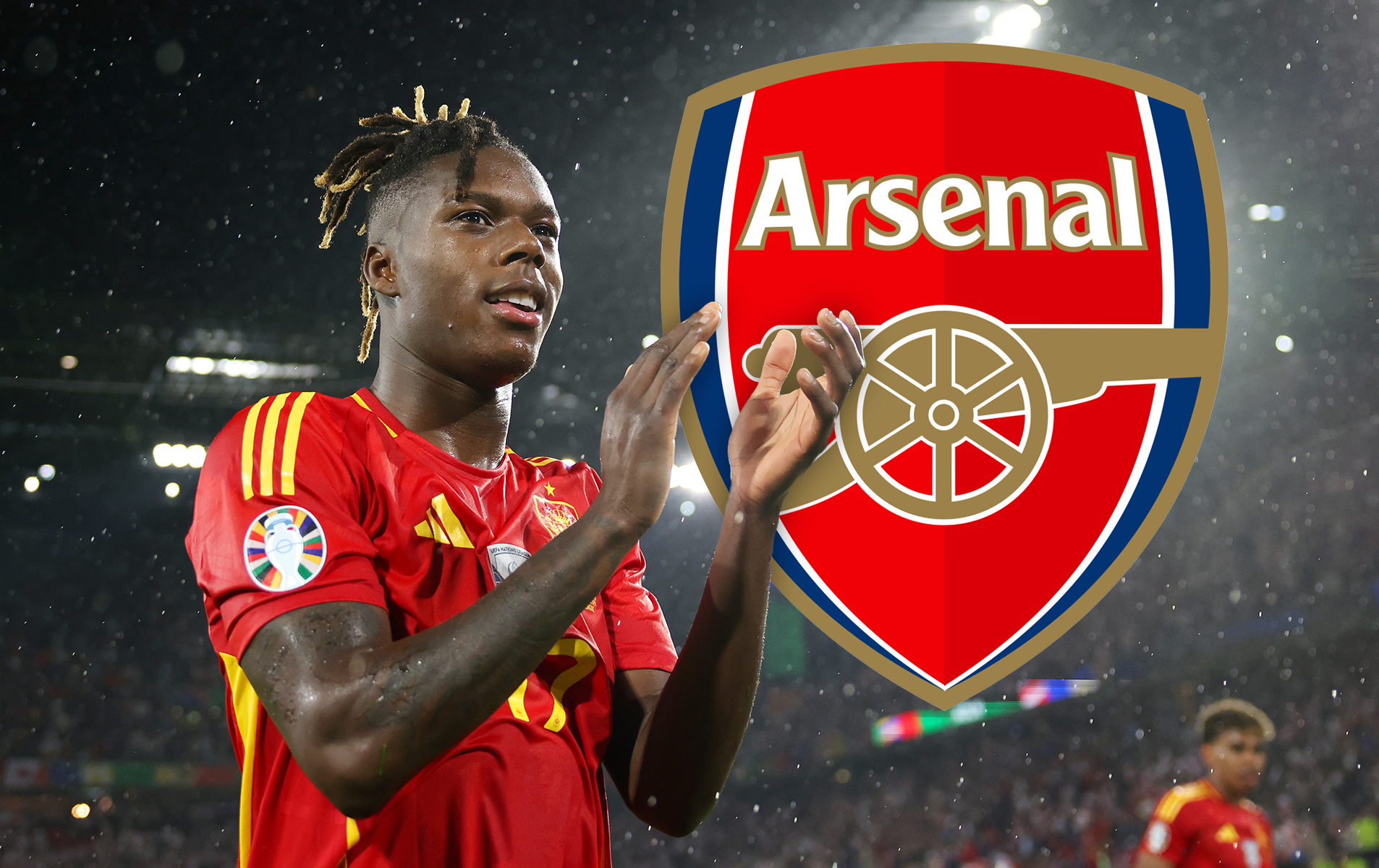Top 10 returning heroes: The terrace favourites who came back in the dugout
Nick Moore traces the ups and downs of the men who ignored the notion of never going back...
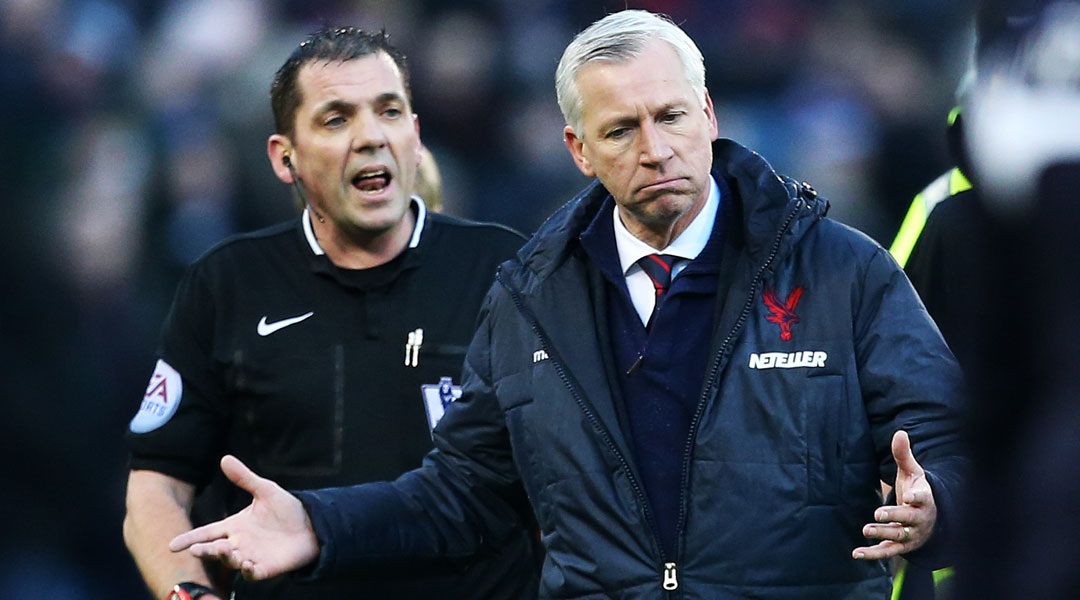
Alan Pardew, Crystal Palace
Was Pards really a ‘hero’ during his time at Palace – or does it just fit the media narrative to bill him as such? A bit of both, really. Arriving in 1987, his initial seasons in the Eagles midfield were deeply unimpressive.
Unable to match the heroics of Andy Gray, who’d left for Villa, the former glazier and Yeovil semi-pro’s name was occasionally booed by the Selhurst crowd.
Eventually he settled, though, and when Super Al nutted that spectacular winner in the 1990 FA Cup Semi-Final, cult status was assured. It wasn’t enough to cement his Palace future, mind: Pards was sold in 1991.
But his name would always be mental shorthand for the delicious 4-3 defeat of Liverpool for Eagles loyalists. A reputation now ready to be built upon, or sullied forever.
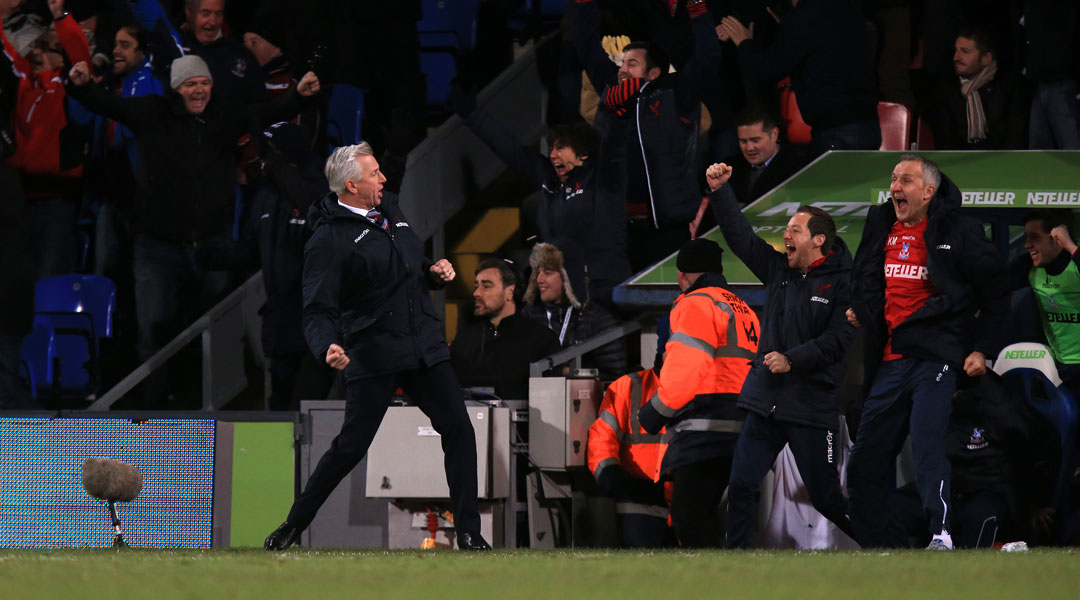
George Graham, Arsenal
Has there ever been a bigger contrast between a man’s playing and managerial style?
Get FourFourTwo Newsletter
The best features, fun and footballing quizzes, straight to your inbox every week.
Dubbed “Stroller” due to his easy style, Graham joined Arsenal from Chelsea in 1966 and was a key cog in their magnificent 1971 double-winning side. A centre-forward or midfield playmaker who rarely seemed to break sweat (“I wasn’t a keen trainer, I was more interested in going off for a vodka and coke and chasing lassies”), his languidness jarred pleasingly with his disciplinarian reign of terror as a returning boss.
“It was like living in Iraq under Saddam,” reckoned Anders Limpar, who should perhaps be forced to live in Iraq for a while in order to gain perspective.
Nevertheless, Graham’s maniacal dictatorship – all defensive rigidity and the 1-0 wins of legend – reaped two titles and four cups. Eventually sacked for taking a bung, he may not have been a lot of fun, but you can’t say he wasn’t successful.
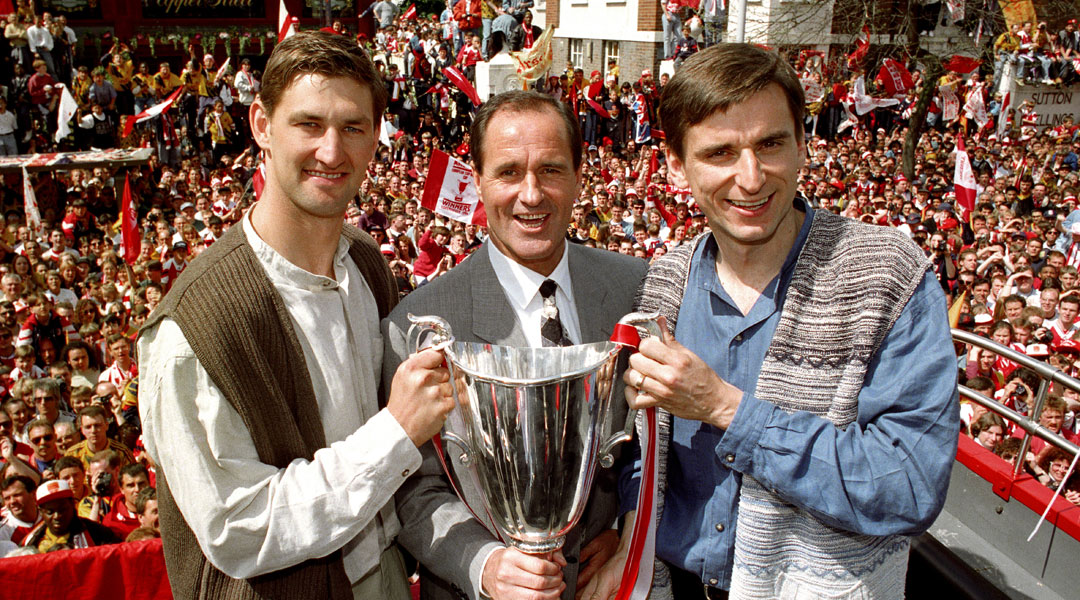
Graeme Souness, Liverpool
Once described as “Renoir with a razor blade” by Hugh McIlvanney, Souness is the one realistic rival to Steven Gerrard’s title of Liverpool’s greatest midfielder. An iron-willed monster, Souey helped the Reds barnstorm to three European Cups, four FA Cups and five league titles; his bullying of Roma’s Falcao and Cerzo in the 1984 European Cup Final was frankly astonishing.
Alas, his copy-book blotting was as all-encompassing as his playing majesty when he came back as gaffer. Indeed, for many fans, his appointment in 1991 is the Year Zero for where everything went belly up at Anfield.
He obstinately changed too much, too soon, he bought Julian Dicks and – worst of all – he did an interview with Merseyside’s least favourite publication, The Sun, following his heart surgery in 1992. His reputation at Anfield never quite recovered.
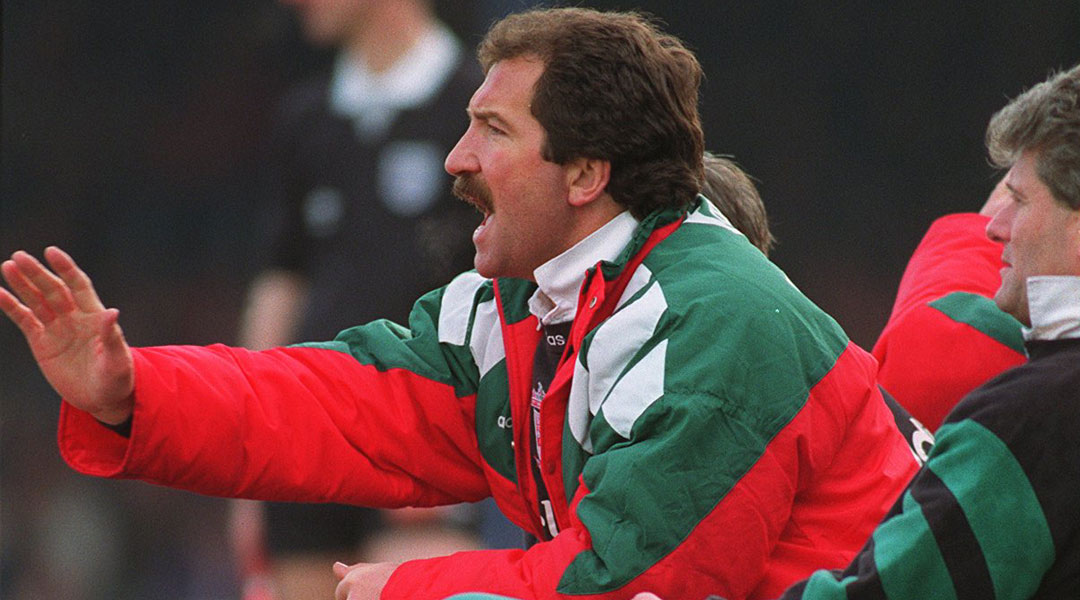
Glenn Hoddle, Tottenham Hotspur
Like Souness, Hoddle was a sublimely talented midfield operative who disappointed as a boss returning to the scene of his greatest moments.
Arguably the most talented English player of his generation, Hoddle’s balance, control, vision and ludicrously pinpoint passing ability epitomised Spurs’ '80s swagger – although a return of two FA Cups and one UEFA Cup was perhaps less than his ability deserved, with the Londoners often falling at the final hurdle of various competitions.
And Spurs were also nearly men under Boss Hod, too: they lost to Arsenal in the 2001 FA Cup Semi-Final, his first match in charge; they flopped in the League Cup final against Blackburn the following year; and after finishing 9th then 10th in the league, he was sacked in September 2003.
He almost returned for another crack last year, too: telling Daniel Levy “I am there for you” shortly before Tim Sherwood snagged the White Hart Lane gig.
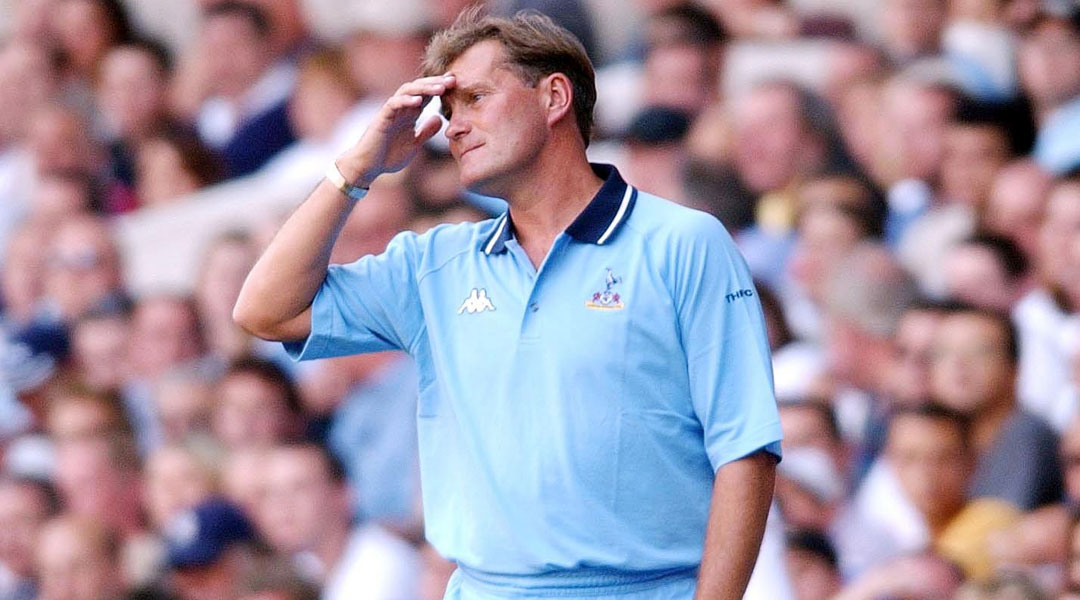
Gianfranco Zola, Cagliari
The Italian magic box finished his superlative playing career with two fine terms for I Rossoblu, the biggest outfit on his home isle of Sardinia. He immediately helped take the side from Serie B to A, before dazzling in the Italian top flight – scoring twice against Juventus in his final-ever game as a pro. Cagliari retired the No.10 jersey for a year in his honour afterwards.
And almost a decade later, having managed West Ham, Italy U16s and Watford, Zola is back as boss. He took over the relegation-threatened outfit on Christmas Eve following Zdenek Zeman’s dismissal, and his first couple of matches have been a mixed bag: they lost 5-0 at Palermo and had a man sent off, before winning 2-1 against Cesena last week. Good luck, Gianfranco!
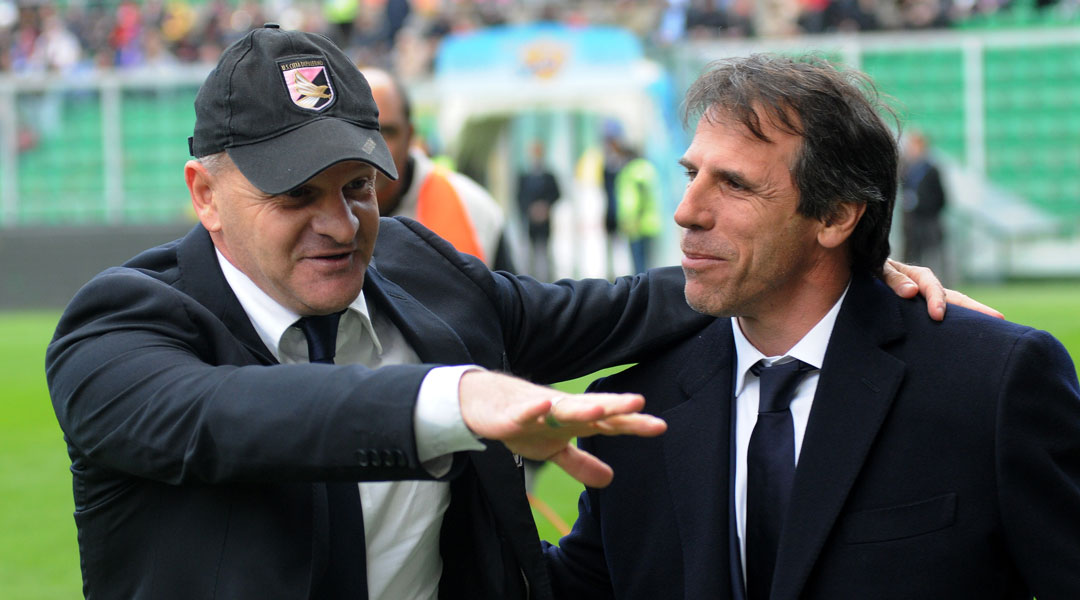
Bryan Robson, West Bromwich Albion
All Robson’s incredible playing assets were evident in his formative years at The Hawthorns (he turned out regularly between 1976 and 1981): leadership, work-rate, passing ability and goalscoring.
He was arguably their key man as the Baggies finished third in Division One in 1979, and made it to the UEFA Cup quarter-finals.
And his Black Country comeback as the top dog, 23 years after he’d left them for Manchester United, was one of Robbo’s few genuine managerial triumphs.
After mixed results as gaffer of Middlesbrough and Bradford, he took over a Baggies side that were bottom of the table at Christmas – a position from which no club had previously beaten the Premier League plunge.
But a win over Pompey on the last day kept them up. That warm glow wasn’t to last, mind: they went down the following season, and Robson left the club “by mutual consent”, a year later.
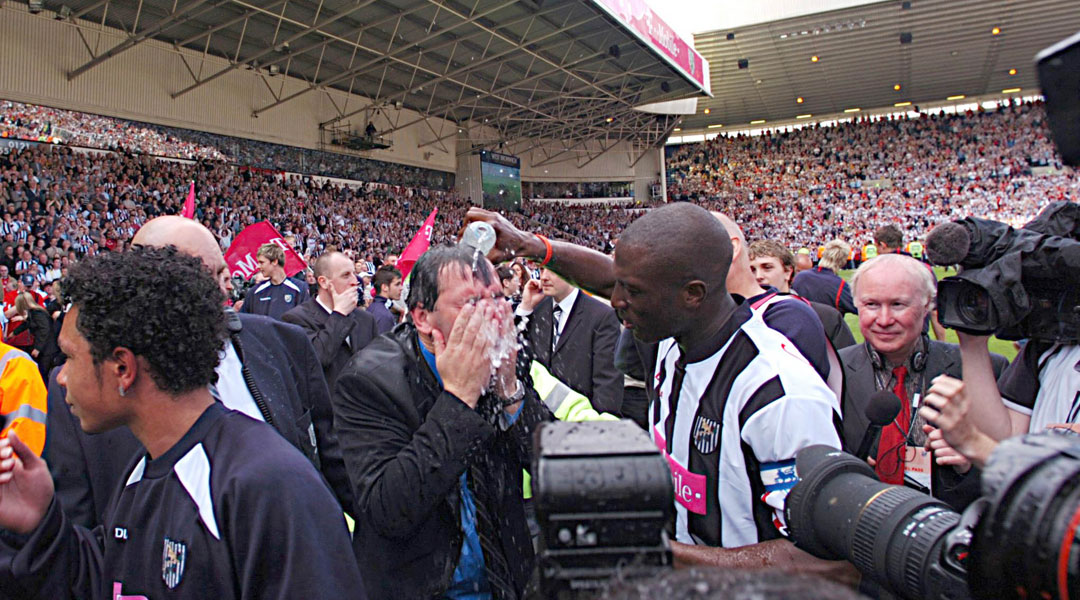
Stuart Pearce, Nottingham Forest
Psycho’s achievements as a player on the banks of the Trent mean that he’ll surely be remembered in Nottingham long after other notables like Robin Hood, Carl Froch, Harold Shipman, Ed Balls and Su Pollard have been lost in the mists of time. The Hammersmith punk embodied Brian Clough’s late-'80s and early-'90s Forest sides as a thunderously motivated full-back and captain.
Alas, his two perches upon the managerial hotseat have not gone to plan. As a rookie-player-slash-caretaker-manager in 1996/97, he once picked a team without a goalkeeper (his wife noticed, and he eventually selected Mark Crossley), and Forest were relegated.
His return to the City Ground this season has been a rollercoaster too. Two wins from the last 20 means the critics are circling. Luckily, Pearce claims to have “the skin of a Rhino”. He may soon need it.
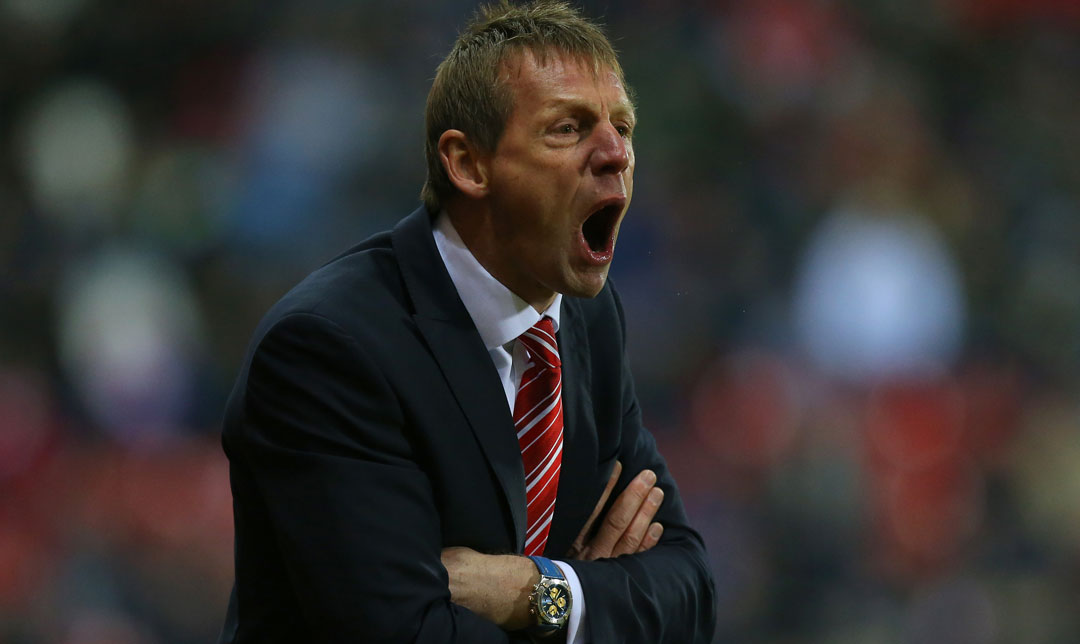
Clarence Seedorf, AC Milan
A man so overpoweringly talented, smooth and intelligent that he somehow pulls off the name Clarence, the Dutch midfielder was a trophy hog wherever he roamed, winning the Champions League with three different clubs. But he saved his best for a decade in Milan. Between 2002 and 2012 he played 300 games in a variety of positions for the Rossoneri, hoovering up a mantlepiece-bothering two Serie A titles, two Champions Leagues and a number of domestic cups.
But his obvious tactical acumen and smarts (he speaks six languages, including English better than most other BBC pundits), and his legendary status were still not enough to protect Clazza from Milan’s notorious trigger-happiness with managers. Appointed in January 2014, he was allowed to work just four months of a two-and-a-half year contract before being axed and replaced by Pippo Inzaghi – a man he spent most of his career playing alongside.
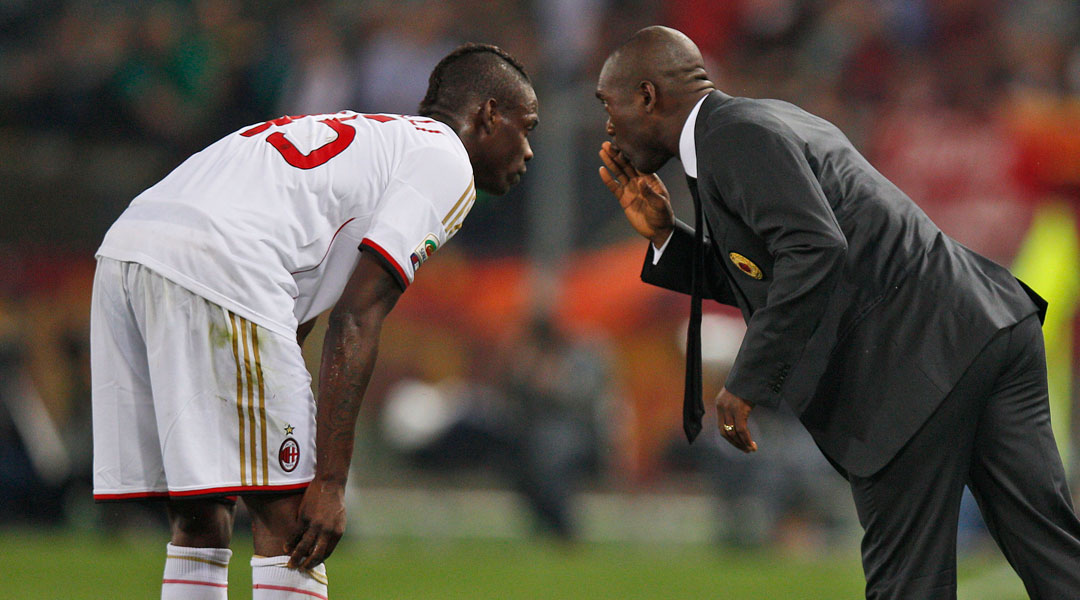
Roberto Di Matteo, Chelsea
In terms of making a quick impact – both as a player and a boss – Di Matteo is hard to beat. His footballing career for the Blues was summed up by that 42-second goal against Middlesbrough in the 1996 FA Cup Final; the luxurious Italian midfielder’s arrival in London helped to prompt the resurgence in Chelsea’s fortunes which have yet to wane. He won two FA Cups, the League Cup and Cup Winners’ Cup with Chelsea before sustaining a horrible triple leg break that would sideline him permanently.
But after managing at MK Dons and West Brom, he returned to west London as Andre Villas-Boas’ assistant. And when AVB was axed, he presided over what was surely the most impressive caretaker manager spell in history: reversing a 3-1 Champions League defeat by Napoli with a 4-1 win to take them into the quarter-finals, winning the FA Cup final against Liverpool, and then bagging the Champions League itself after a shootout with Bayern Munich. He bagged the job full-time shortly afterwards, but was sacked the following November.
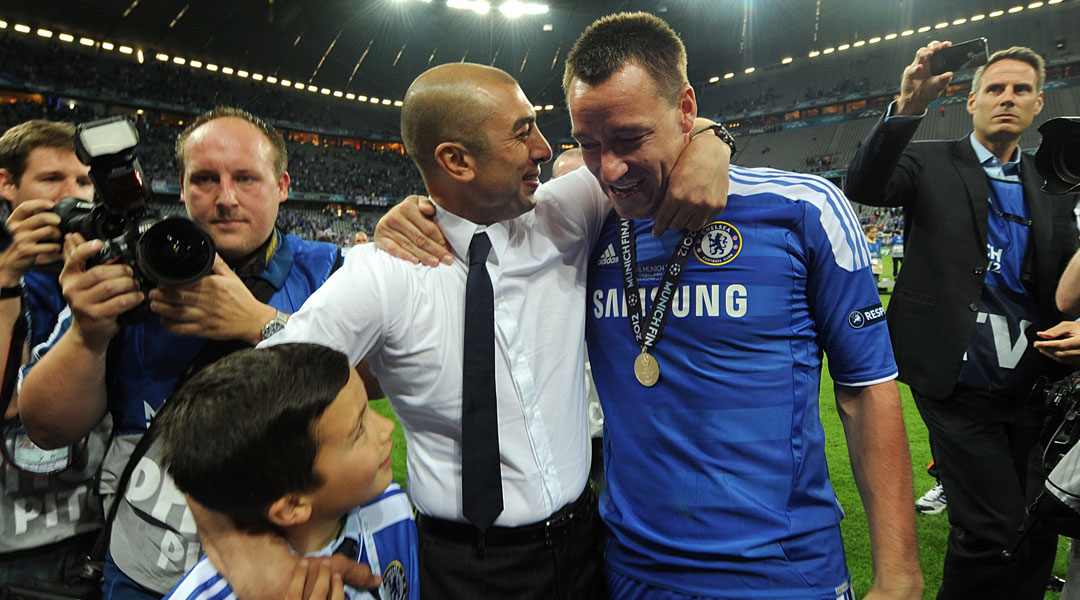
Alan Shearer, Newcastle
After the first Geordie messiah to manage Newcastle in the 2008/09 season, Kevin Keegan, quit after eight months, and a short period of non-messianic management under Joe 'f word' Kinnear, an unprecedented second Geordie messiah, Alan Shearer, took the reigns.
Shearer, some may remember, was something of a success at Newcastle as a player, but his return in a suit didn’t go well. He appointed Iain Dowie as his chief disciple/assistant manager, but with just eight games to try to avoid relegation, the Magpies reaped only five points, and went down to the Championship – helping rivals Sunderland survive in the process. Big Al later decided that sitting on a sofa, stating the obvious to Gary Lineker every week, might be a better use of his time.
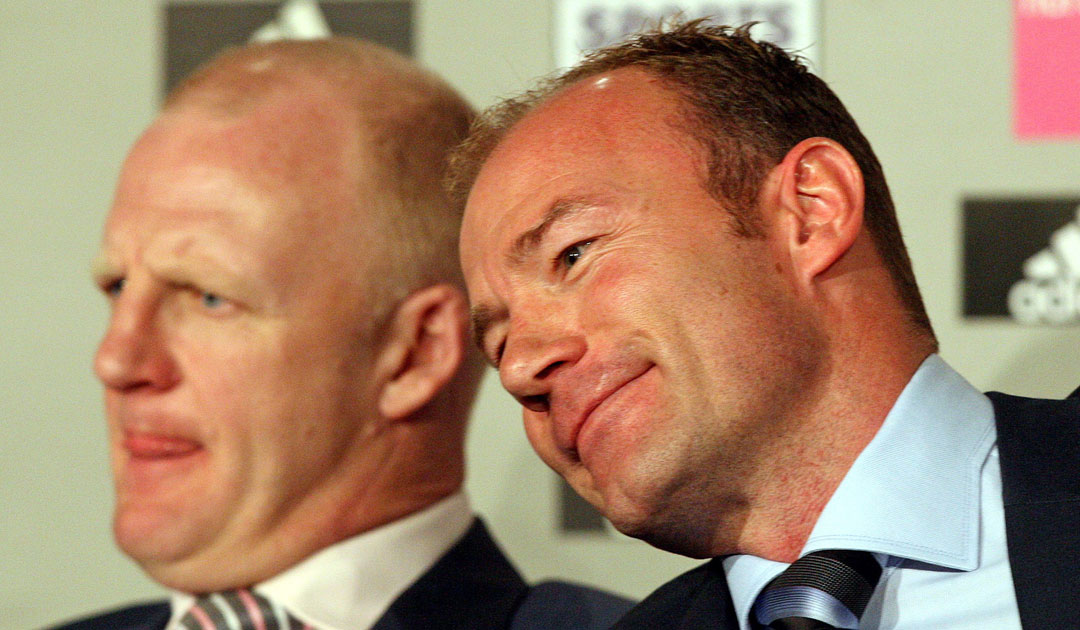
Nick Moore is a freelance journalist based on the Isle of Skye, Scotland. He wrote his first FourFourTwo feature in 2001 about Gerard Houllier's cup-treble-winning Liverpool side, and has continued to ink his witty words for the mag ever since. Nick has produced FFT's 'Ask A Silly Question' interview for 16 years, once getting Peter Crouch to confess that he dreams about being a dwarf.
